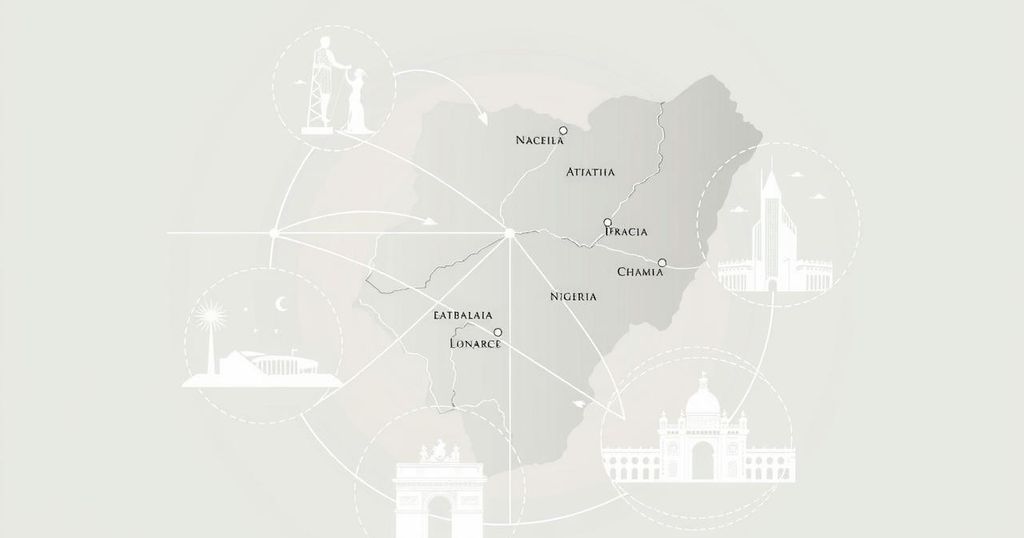The House of Representatives Committee in Nigeria has proposed the creation of 31 new states, potentially increasing the total from 36 to 67. This move aims to enhance governance and representation while also addressing regional disparities. The proposal includes specific constitutional requirements for implementation and is set to generate significant discussion and debate.
The House of Representatives Committee on the Review of the 1999 Constitution has proposed the establishment of 31 additional states in Nigeria. If accepted, this proposal will increase Nigeria’s states from 36 to 67, effectively reshaping the country’s political and administrative framework. Deputy Speaker Benjamin Kalu introduced this proposal during a plenary session in Abuja, which aims to enhance representation, economic viability, and regional balance in governance.
The proposed new states include: North Central: Okun, Okura, Confluence (Kogi); Benue Ala, Apa (Benue); FCT State. North East: Amana (Adamawa); Katagum (Bauchi); Savannah (Borno); Muri (Taraba). North West: New Kaduna, Gurara (Kaduna); Tiga, Ari (Kano); Kainji (Kebbi). South East: Etiti, Orashi, Adada (Enugu), Orlu (Imo), Aba (Abia). South South: Ogoja (Cross River), Warri (Delta), Ori, Obolo (Rivers). South West: Torumbe (Ondo), Ibadan (Oyo), Lagoon (Lagos), Ijebu (Ogun), Oke-Ogun/Ijesha (Oyo/Ogun/Osun).
Implementing this proposal requires rigorous constitutional procedures as outlined in Section 8 of the 1999 Constitution. Essential requirements for state creation include: a request backed by two-thirds of the local legislative representatives from the proposed area, a referendum with at least a two-thirds majority approval in the affected area, and a similar majority vote from the National Assembly. Additionally, at least 24 state Houses of Assembly must endorse the request.
The introduction of new states has sparked debate in Nigeria. Supporters argue that it will improve governance and local development by providing closer access to government services. Conversely, critics warn that increasing the number of states could lead to raised administrative costs and depletion of federal resources. If approved, this change would mark a significant political shift, notable since the last major creation of states occurred in 1996.
Nigeria currently consists of 36 states, a structure maintained since 1996 when the country last underwent a major state reorganization. The proposal to create 31 new states arises from mounting demands for improved representation and more locally accountable governance. The initiative seeks to rebalance governance by addressing regional disparities and economic viability across different parts of the country. Until now, increasing the number of states has generated considerable debate regarding its potential impact on administrative efficiency and resource allocation. Key constitutional requirements for state creation are designed to ensure that such proposals reflect the democratic will of the people in the affected areas. The proposal process includes legislative support, public approval through referendums, and endorsement from existing state assemblies. This approach aims to legitimize the creation of new states while mitigating potential backlash against such reorganization.
The proposal by the House of Representatives Committee to create 31 new states in Nigeria has significant implications for the nation’s structure. If approved, it would enhance local governance and representation, addressing regional demands. However, it could also lead to increased administrative costs and resource strain. This initiative will undoubtedly incite substantial legislative discussions and public debate as it progresses through the constitutional amendment process.
Original Source: nairametrics.com






